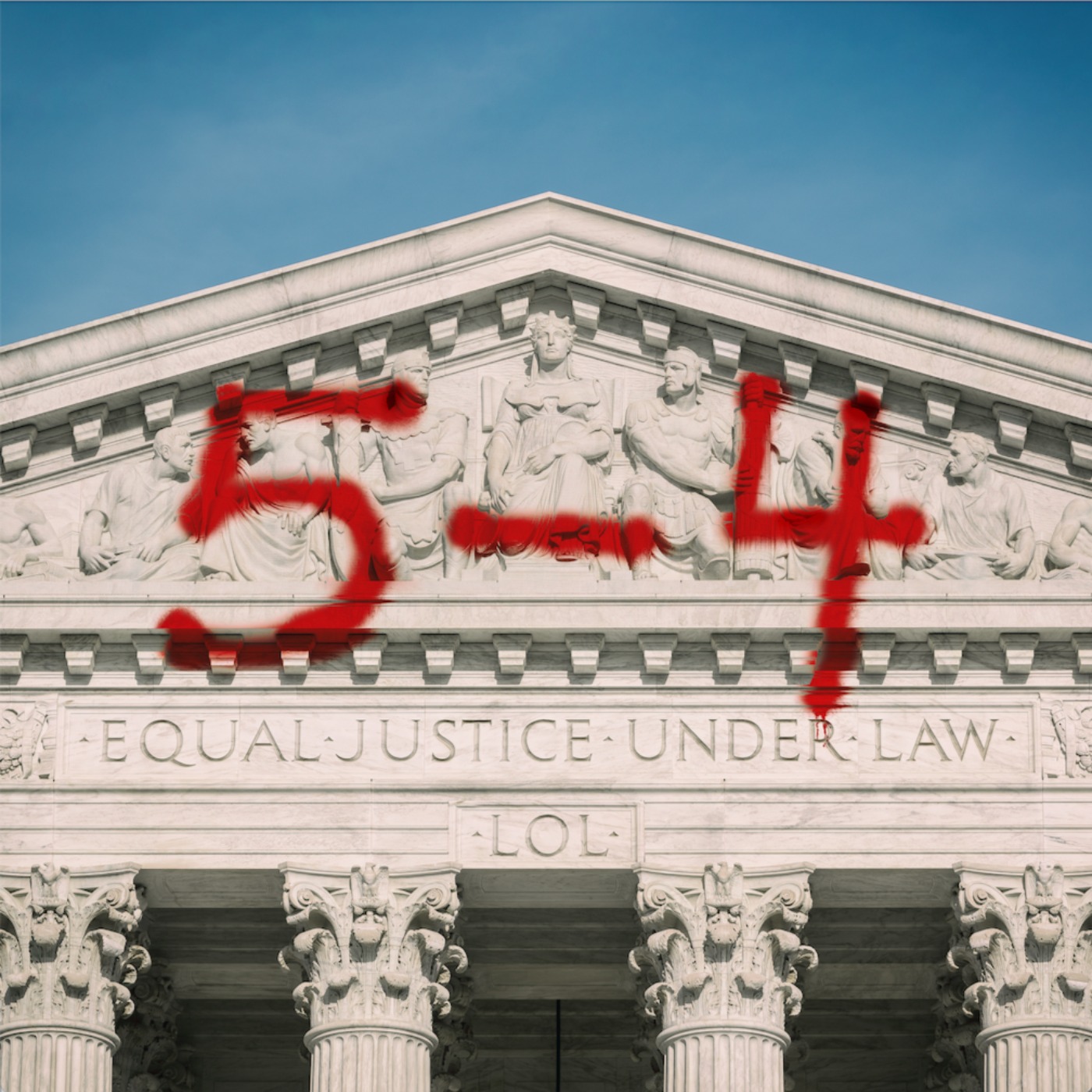DC v. Heller
On the eleventh episode of 5-4, Peter (@The_Law_Boy), Rhiannon (@AywaRhiannon), and Michael (@_FleerUltra) discuss the 2008 ruling that granted individuals the right to own guns, breaking with more than a century of precedent.
Advertising Inquiries: https://redcircle.com/brands
Hosted on Acast. See acast.com/privacy for more information.
Advertising Inquiries: https://redcircle.com/brands
Press play and read along
Transcript
Transcript is processing—check back soon.
5-4 — DC v. Heller

